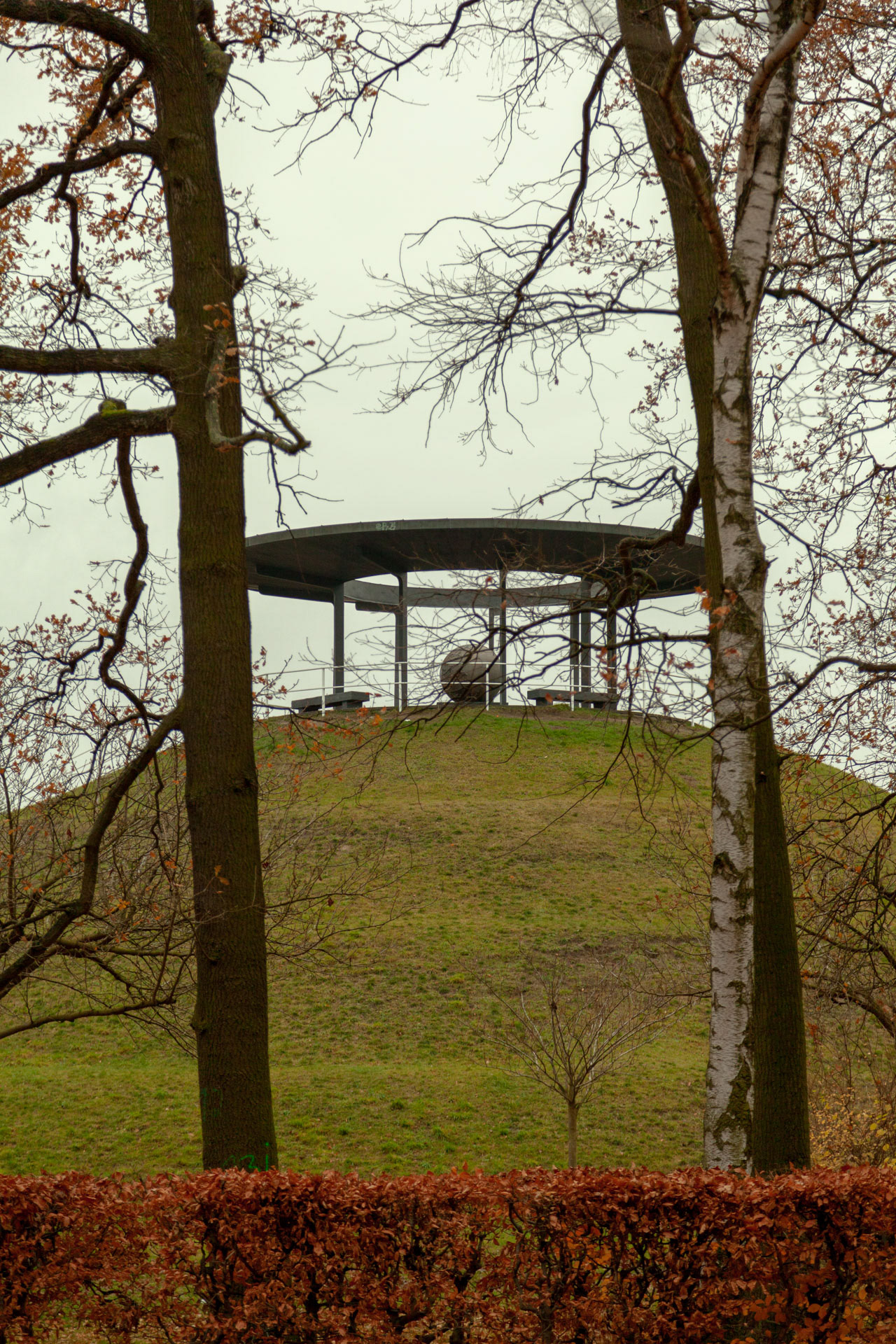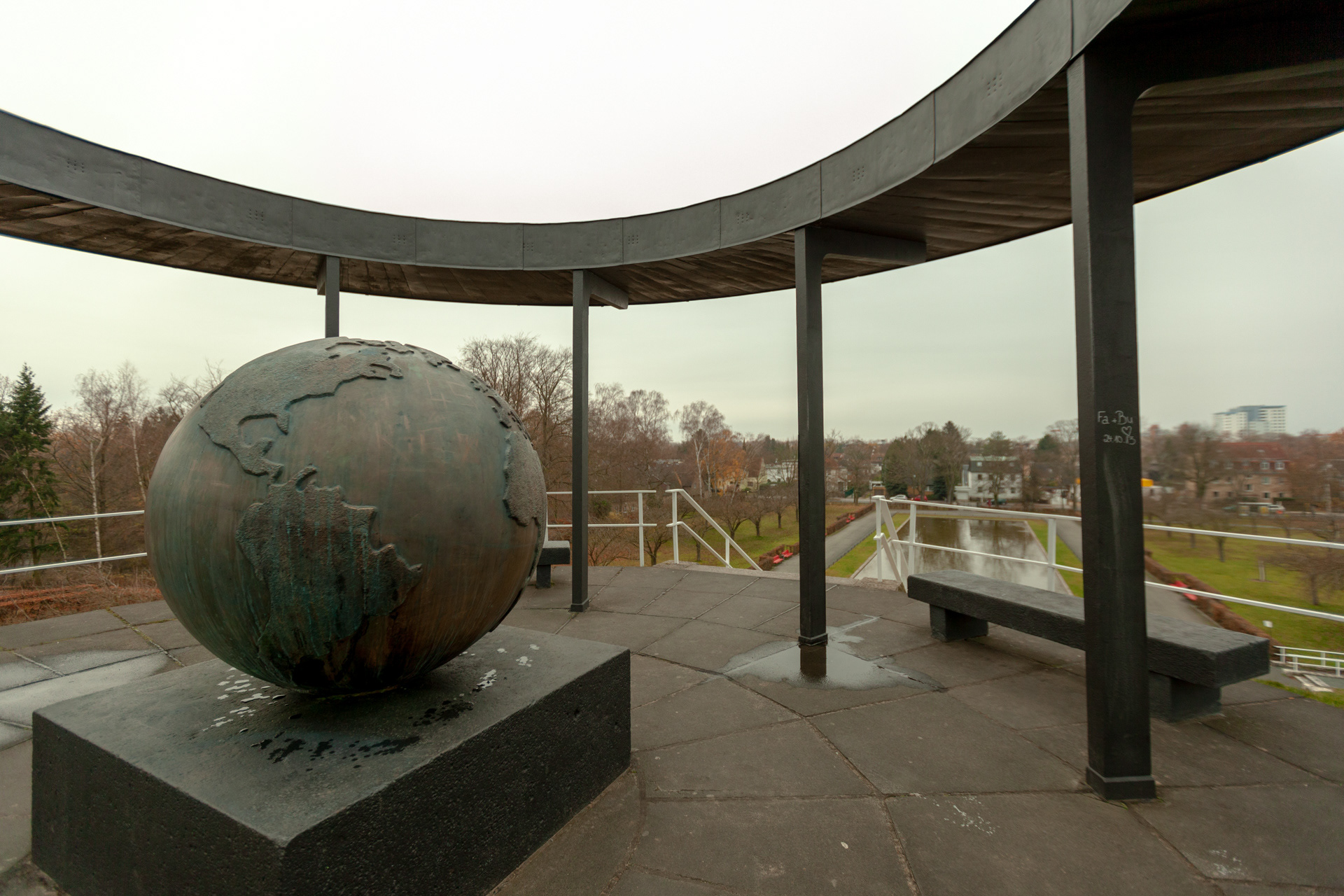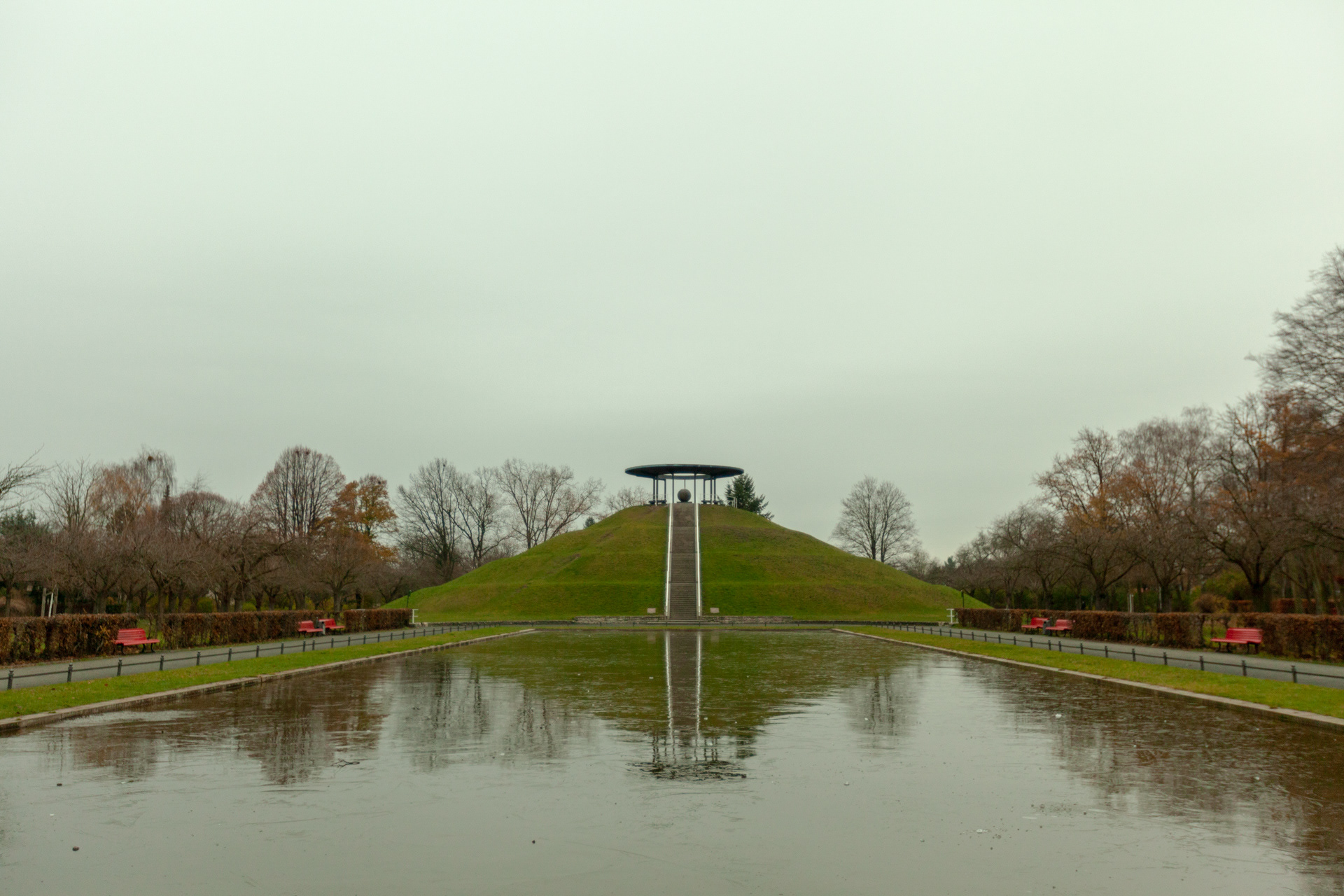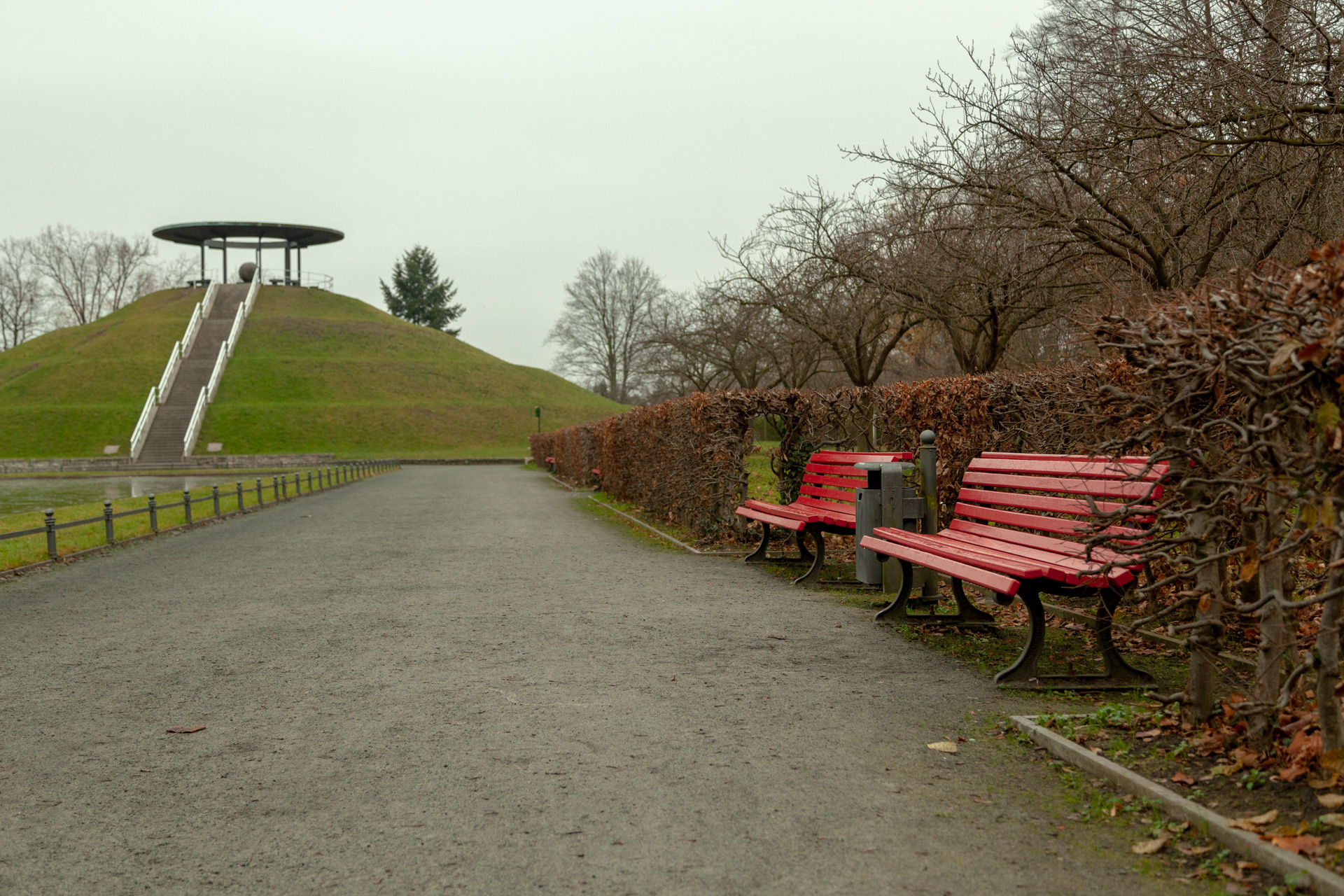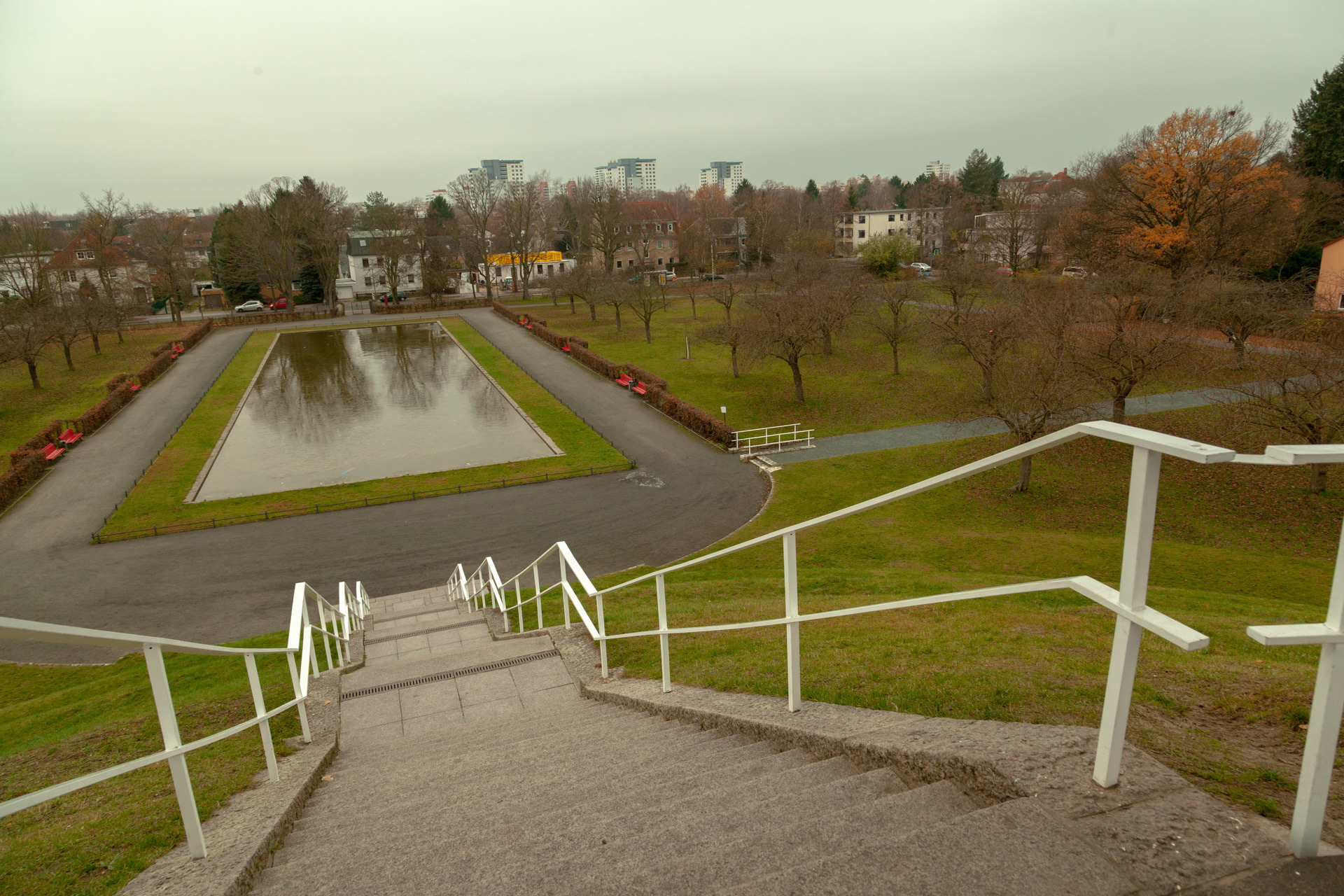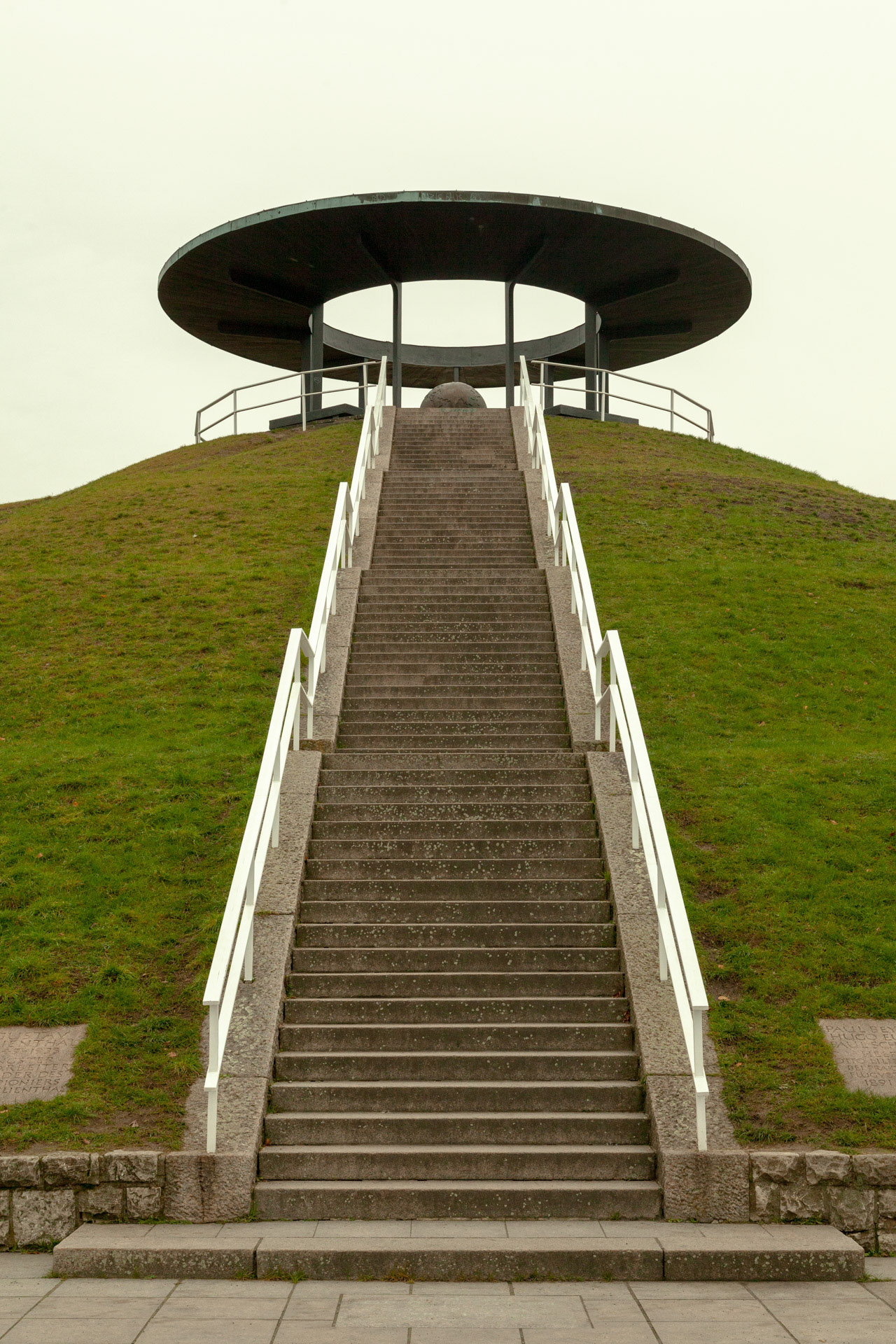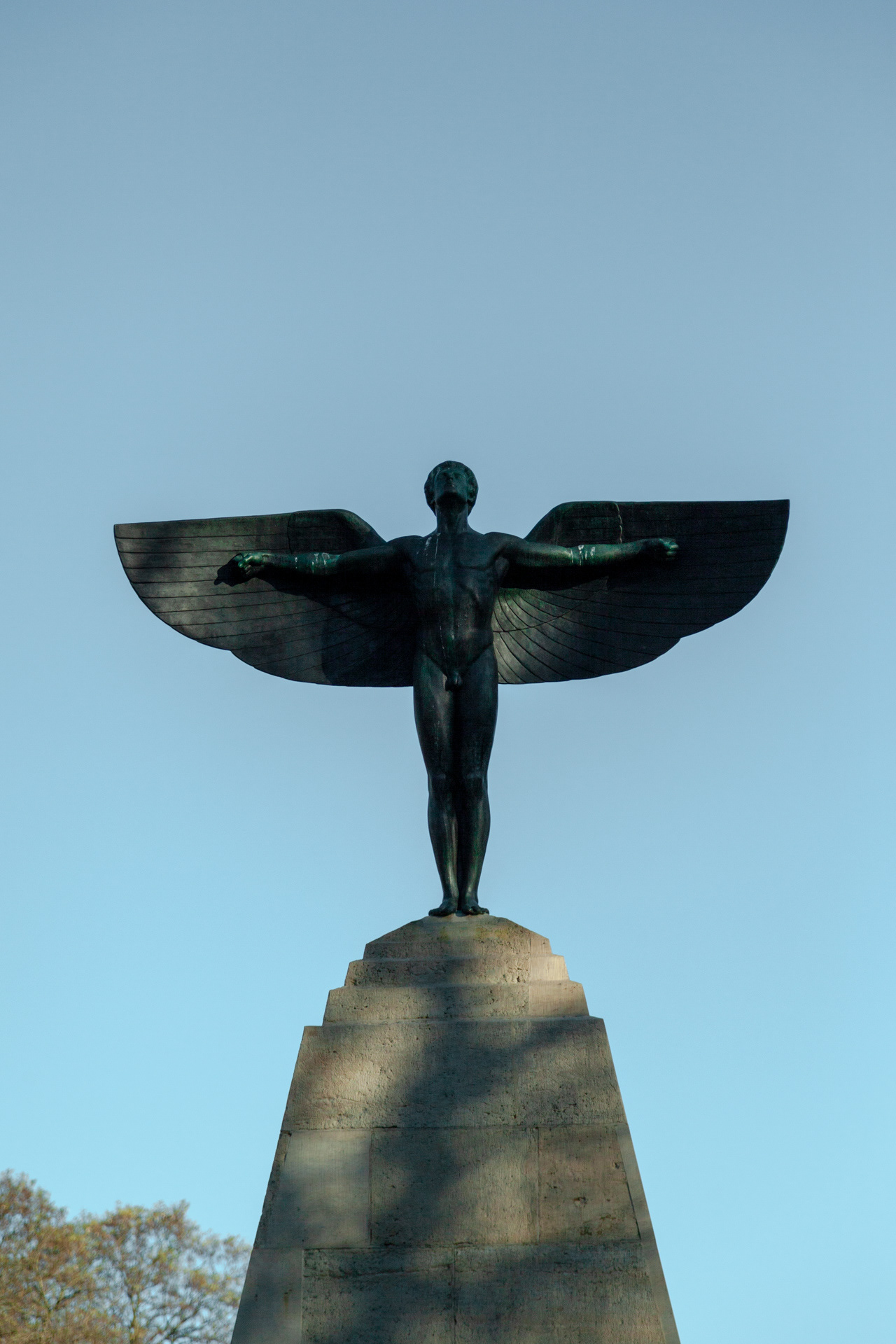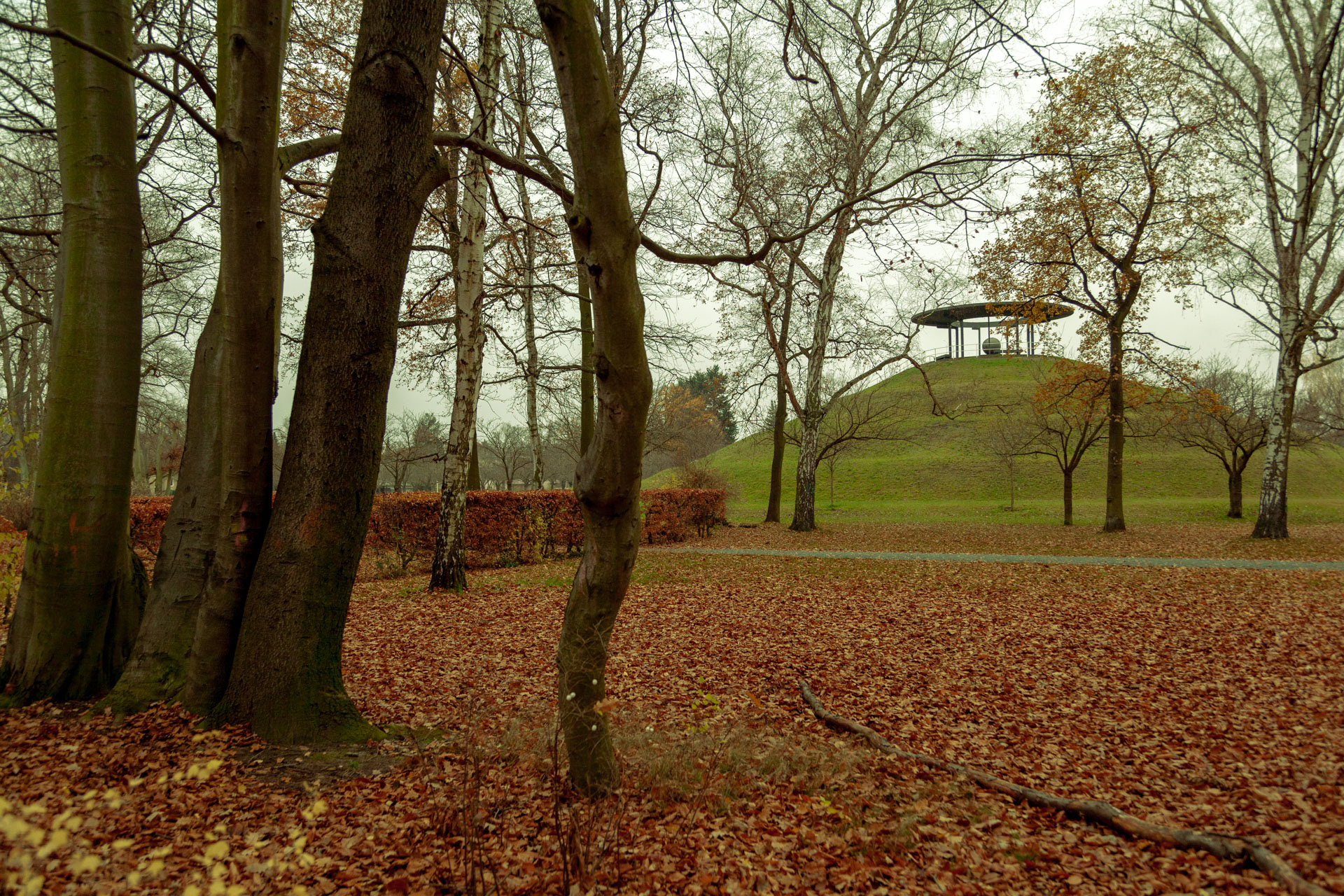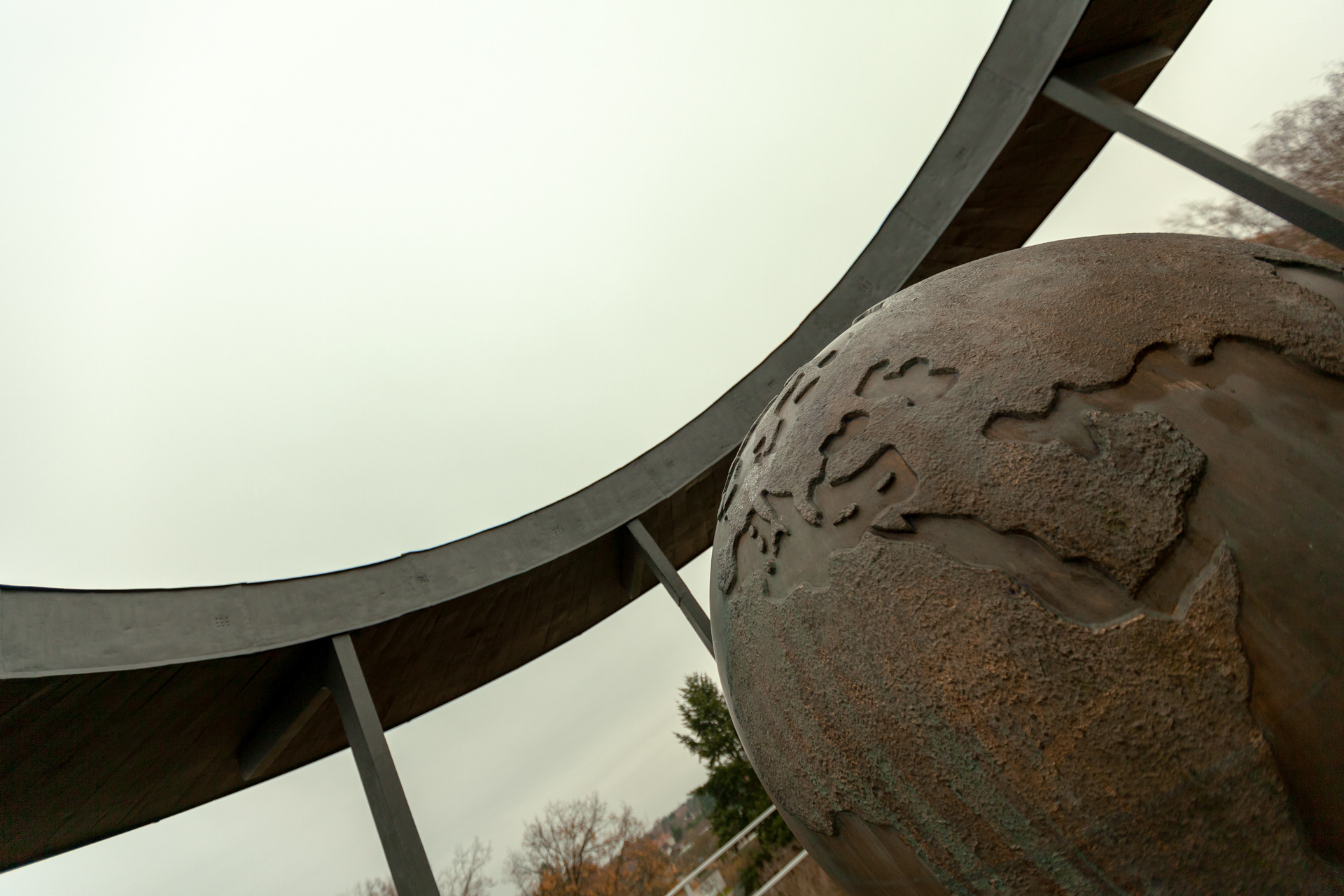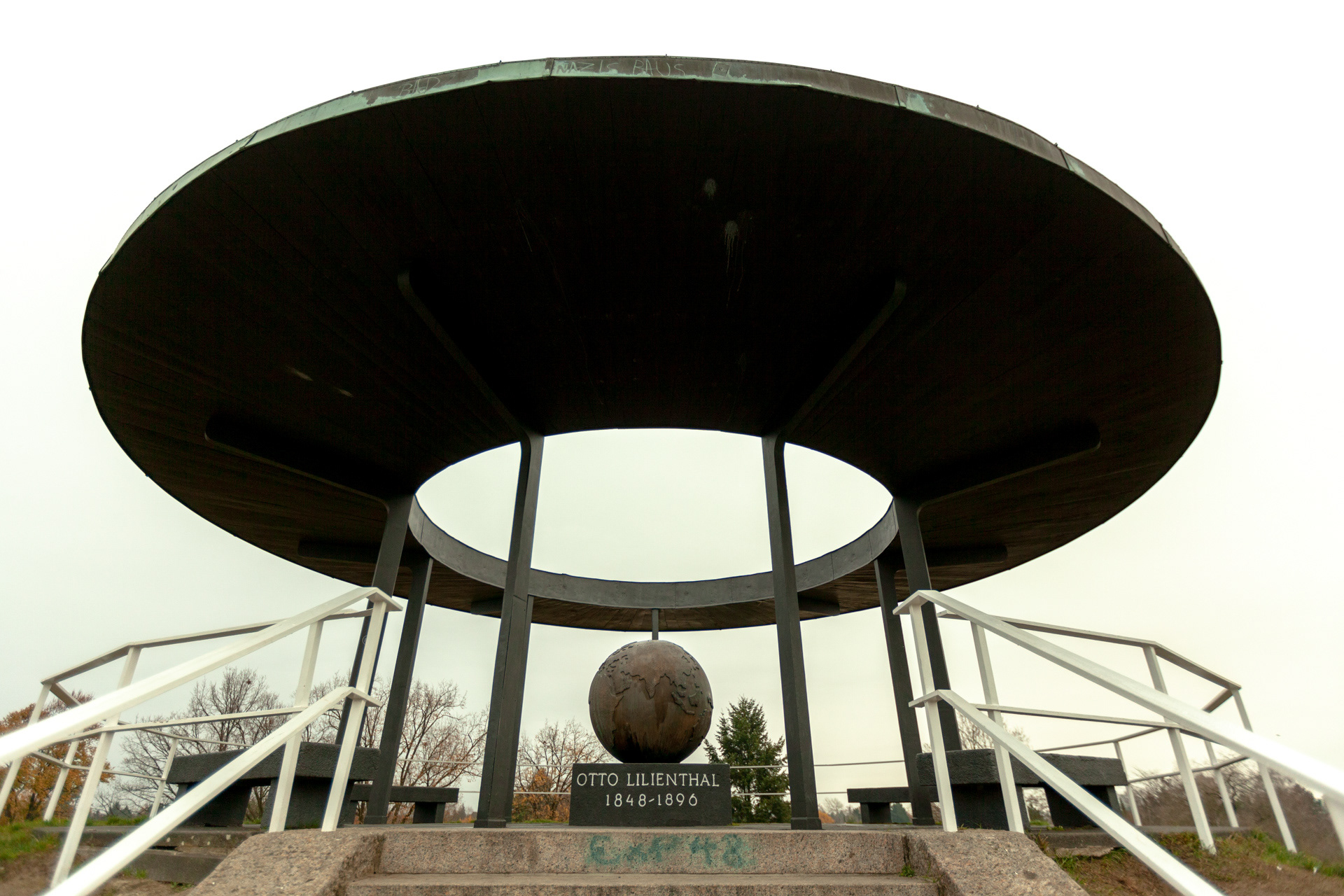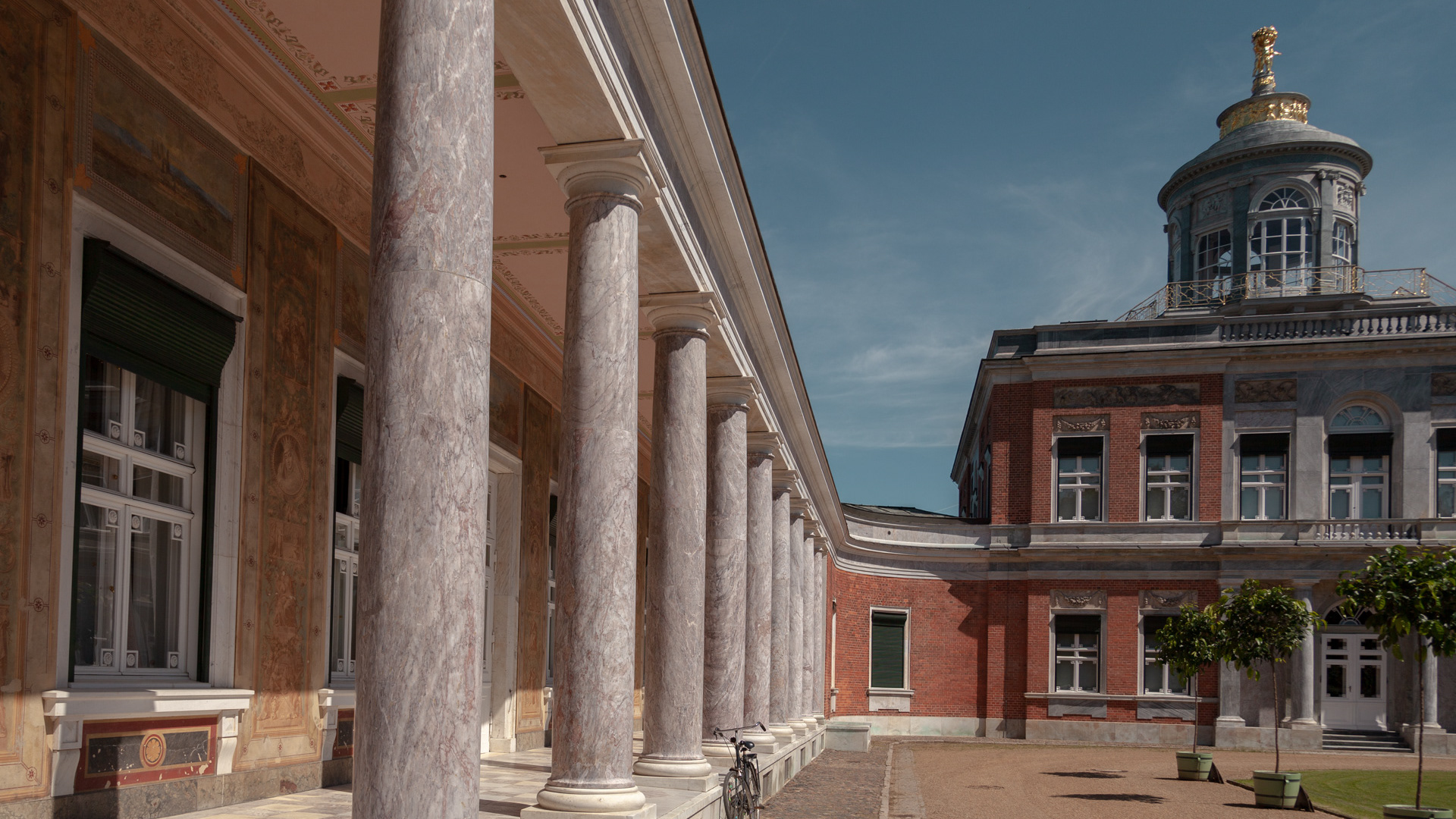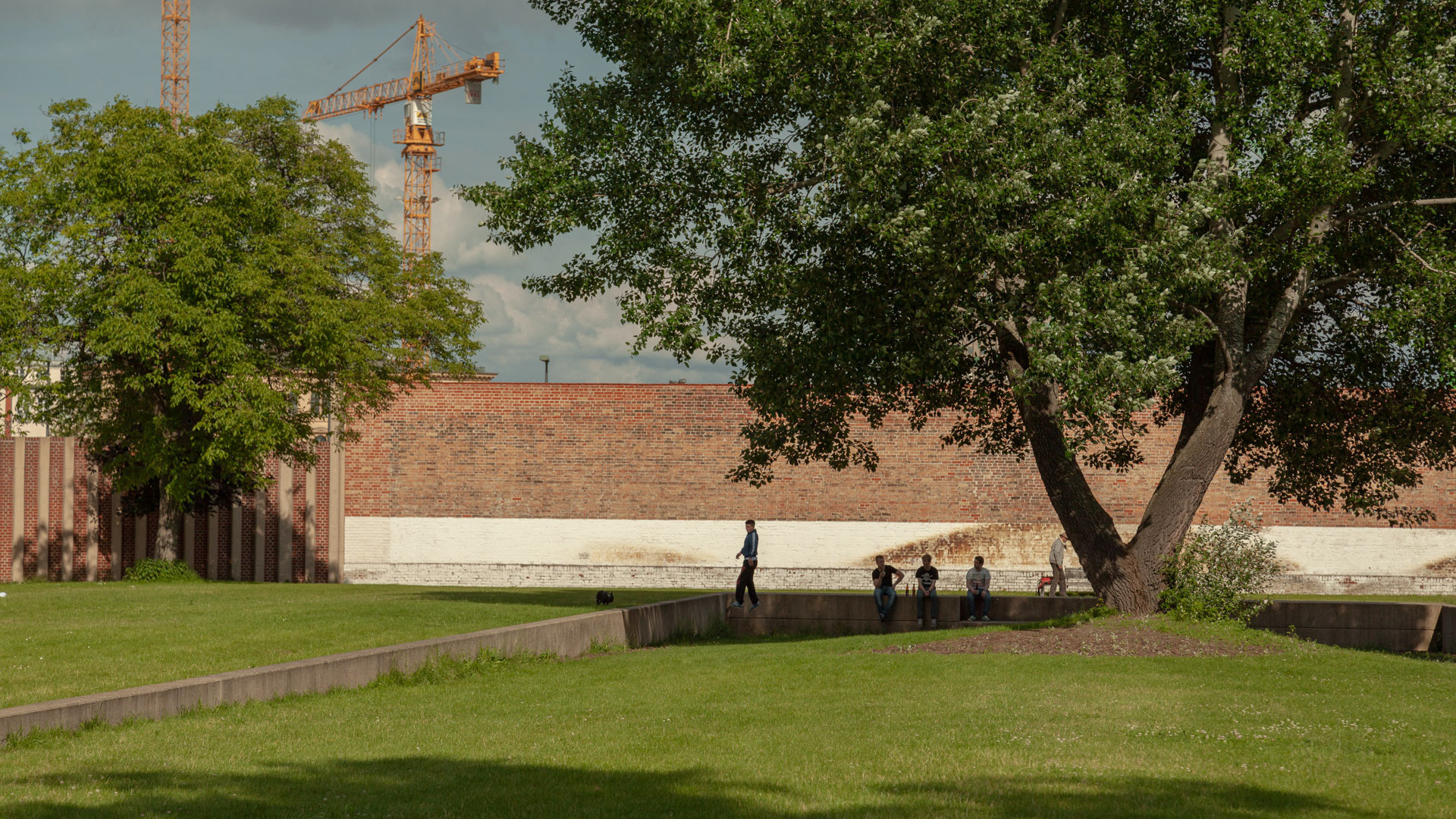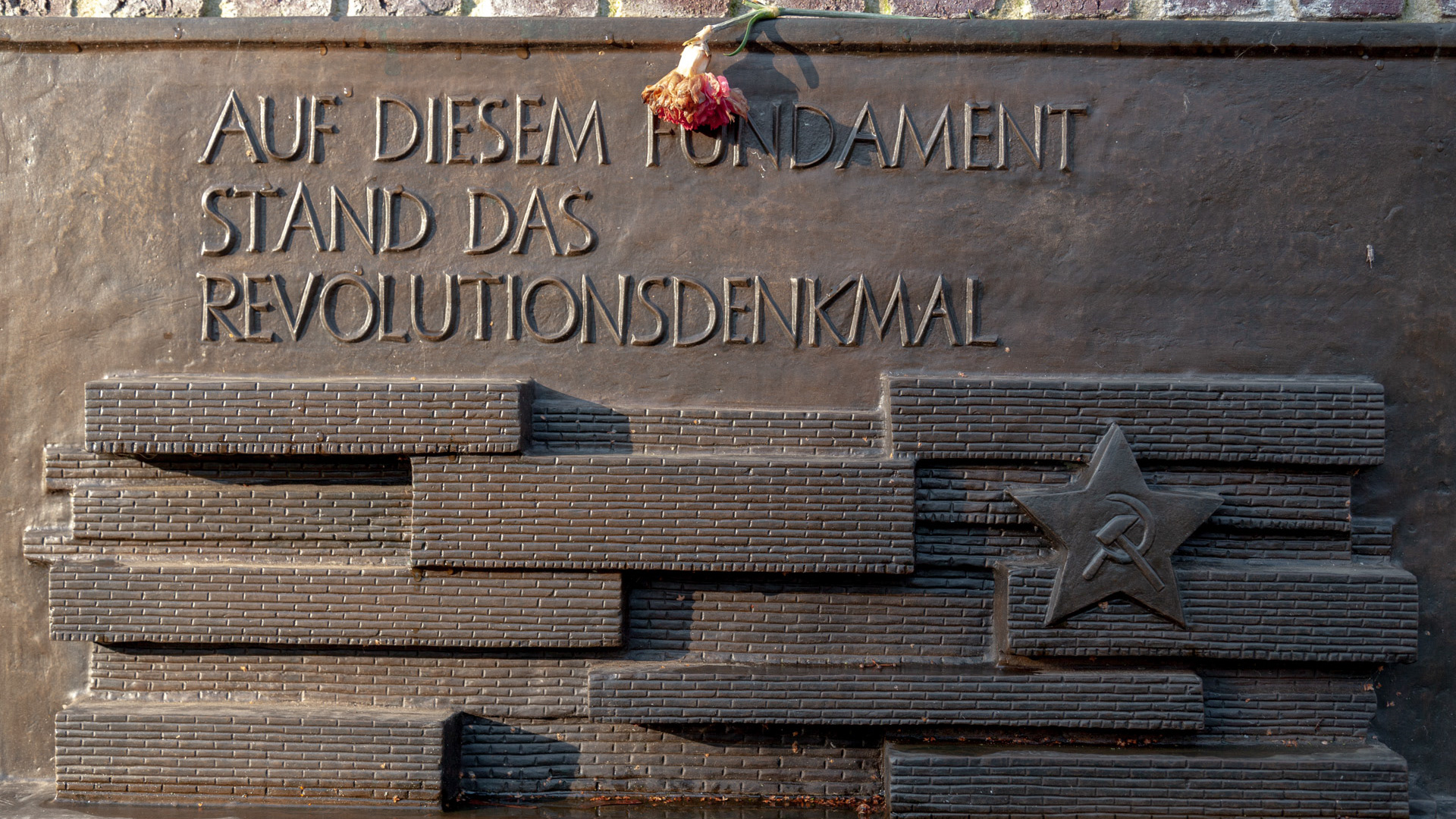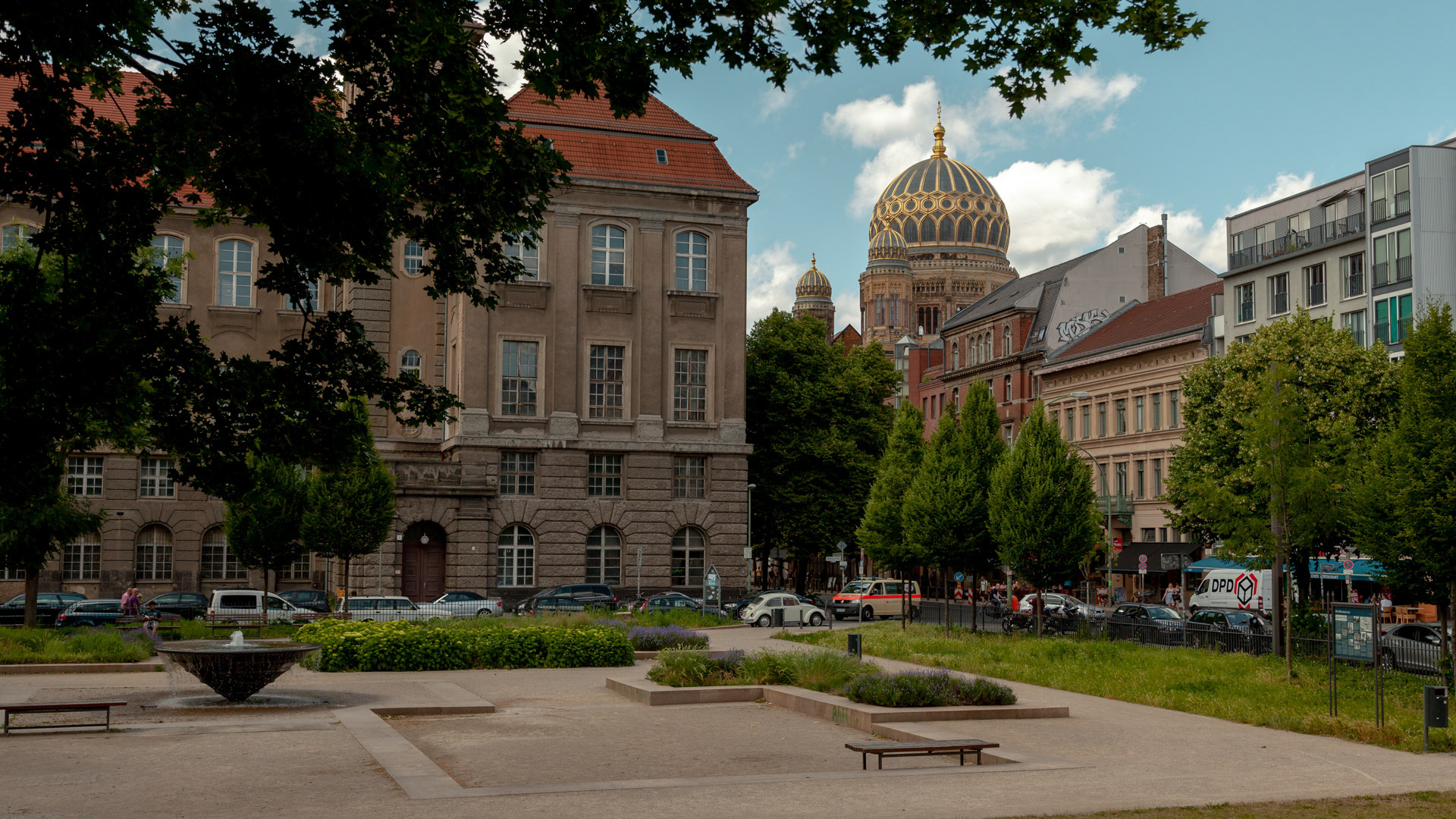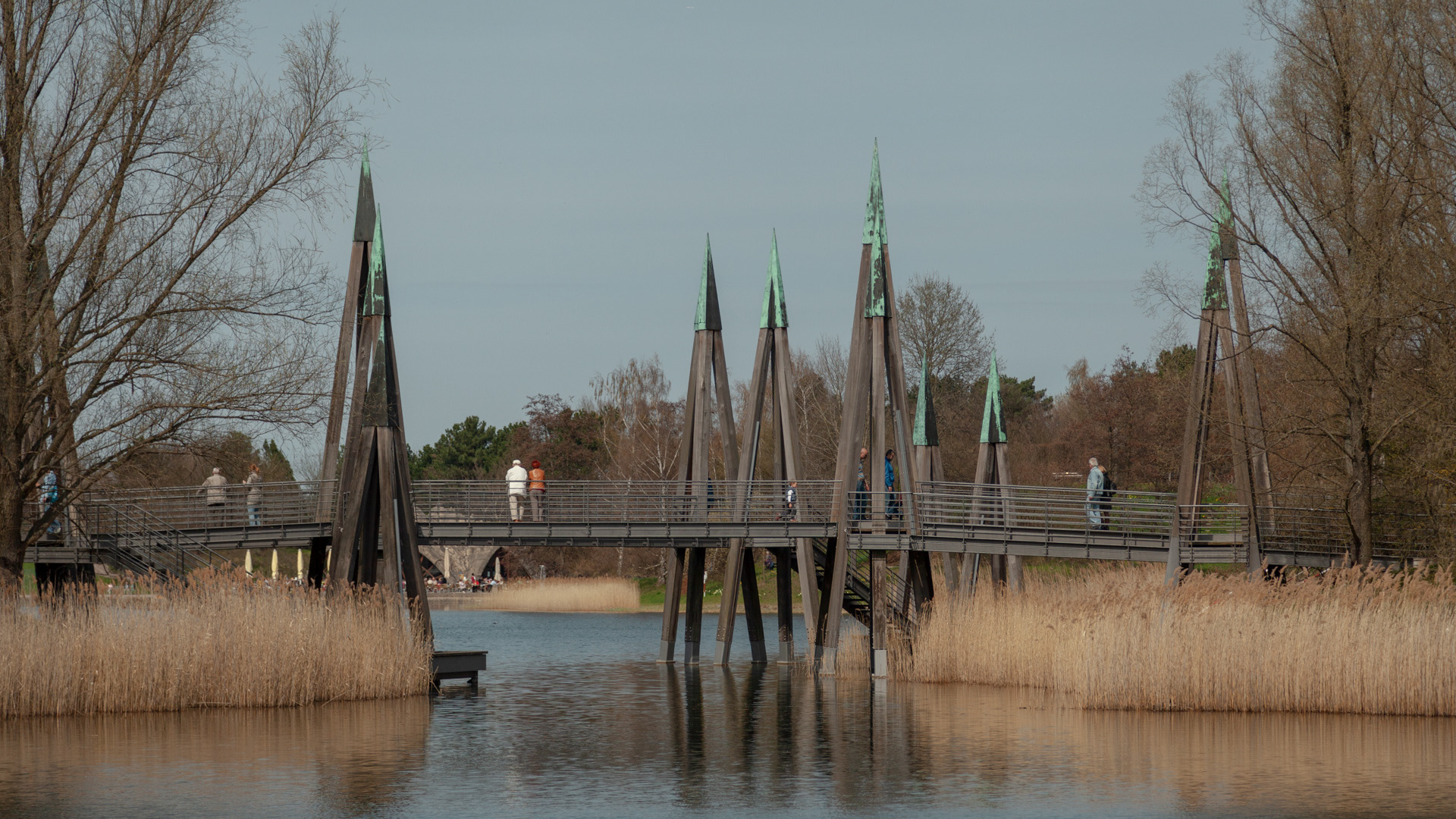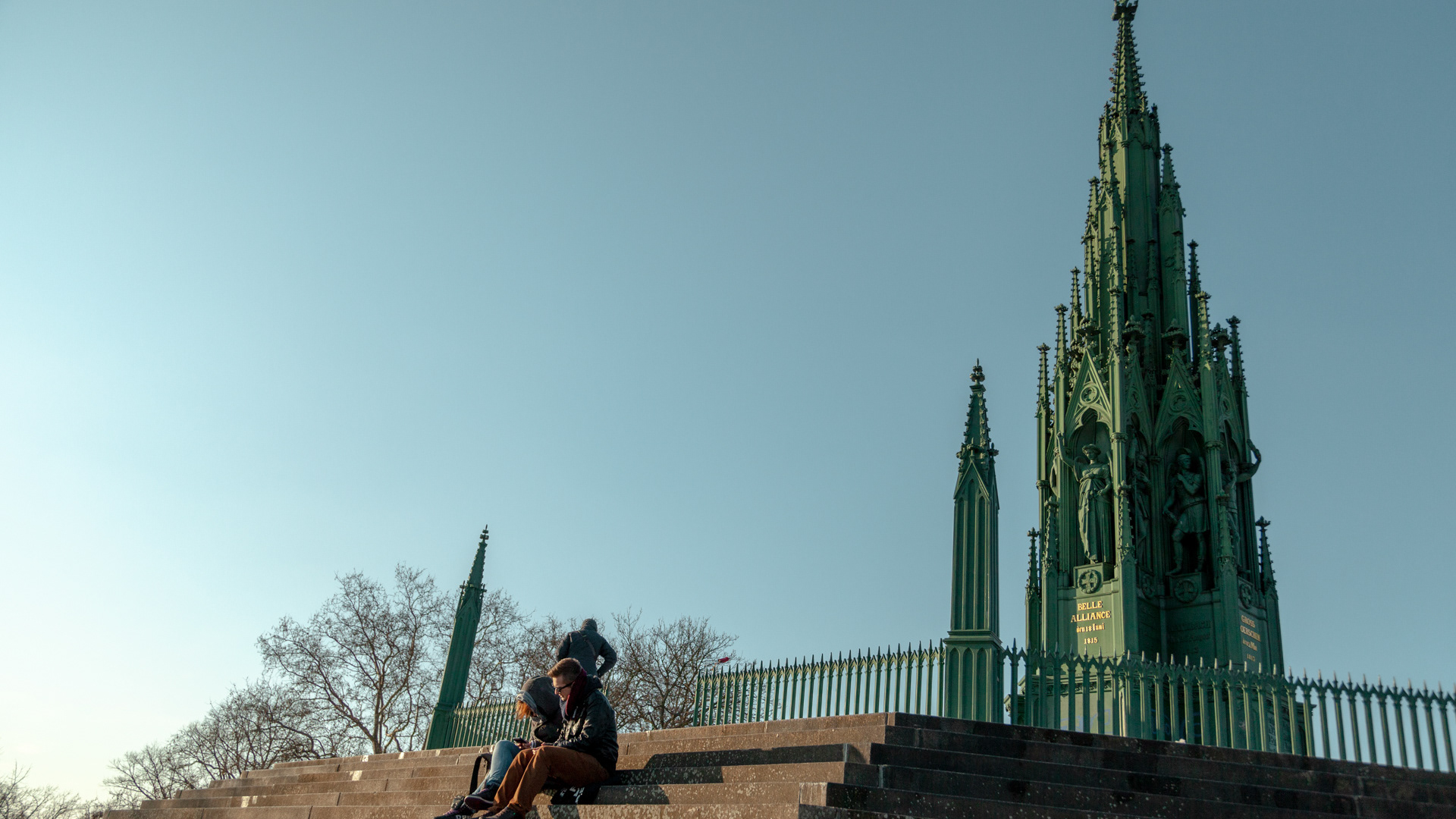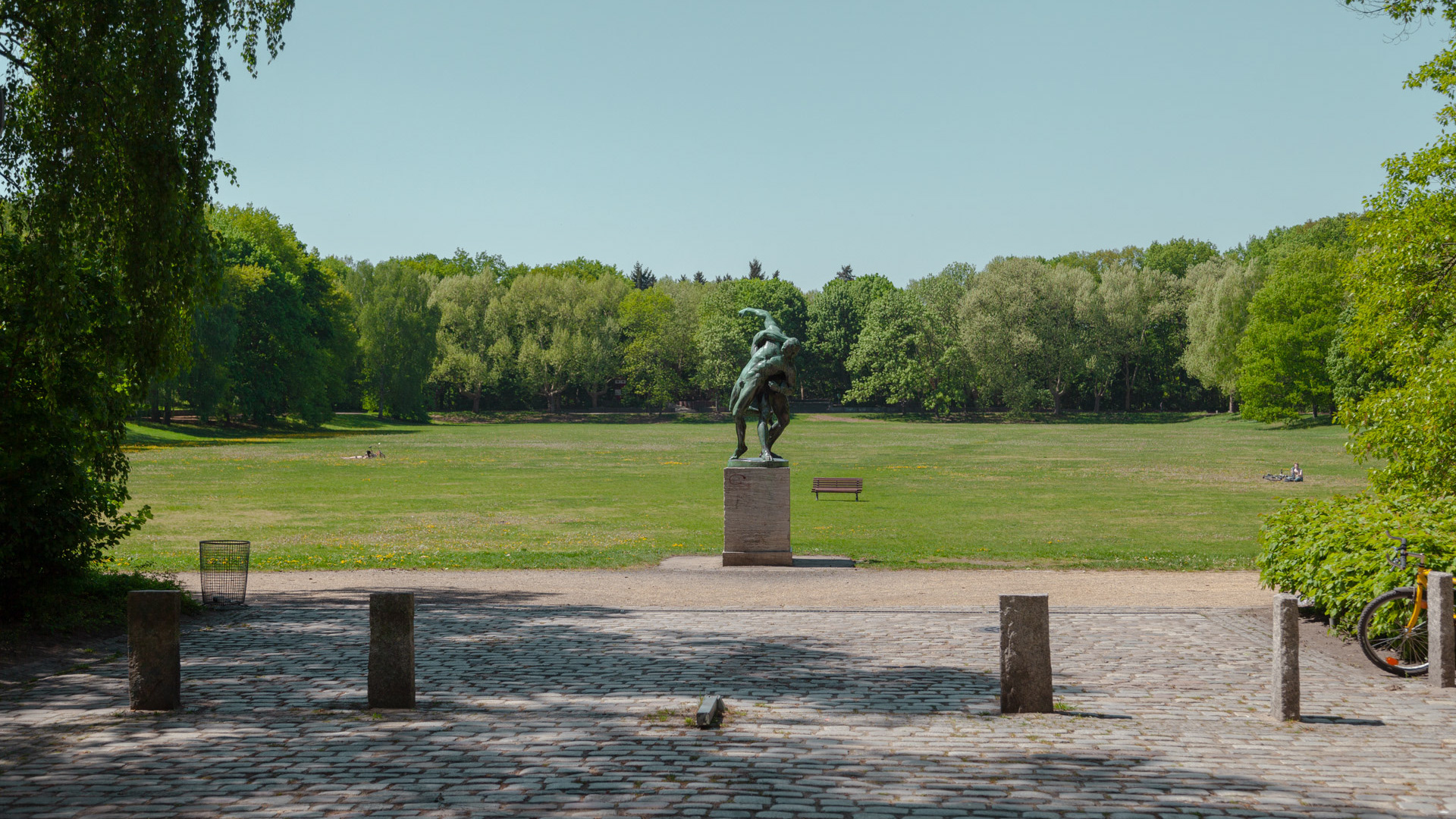The idea of flight and the celebration of its heroes and visionaries.
Otto Lilienthal (23 May 1848 – 10 August 1896) was a German pioneer of aviation who became known as the Glider King. He was the first person to make well-documented, repeated, successful gliding flights. He followed an experimental approach established previously by Sir George Cayley. Newspapers and magazines published photographs of Lilienthal gliding, favorably influencing public and scientific opinion about the possibility of flying machines becoming practical. For his contributions to the field of aviation at such a crucial time he is often referred to as "The Father of Flight."
He died of injuries sustained when his glider stalled and he was unable to regain control; falling from about 15 m (50 ft), he fractured his neck.
Berlin celebrates him with a monument and a park in Lictherfelde.
Otto Lilienthal (23 May 1848 – 10 August 1896) was a German pioneer of aviation who became known as the Glider King. He was the first person to make well-documented, repeated, successful gliding flights. He followed an experimental approach established previously by Sir George Cayley. Newspapers and magazines published photographs of Lilienthal gliding, favorably influencing public and scientific opinion about the possibility of flying machines becoming practical. For his contributions to the field of aviation at such a crucial time he is often referred to as "The Father of Flight."
He died of injuries sustained when his glider stalled and he was unable to regain control; falling from about 15 m (50 ft), he fractured his neck.
Berlin celebrates him with a monument and a park in Lictherfelde.
